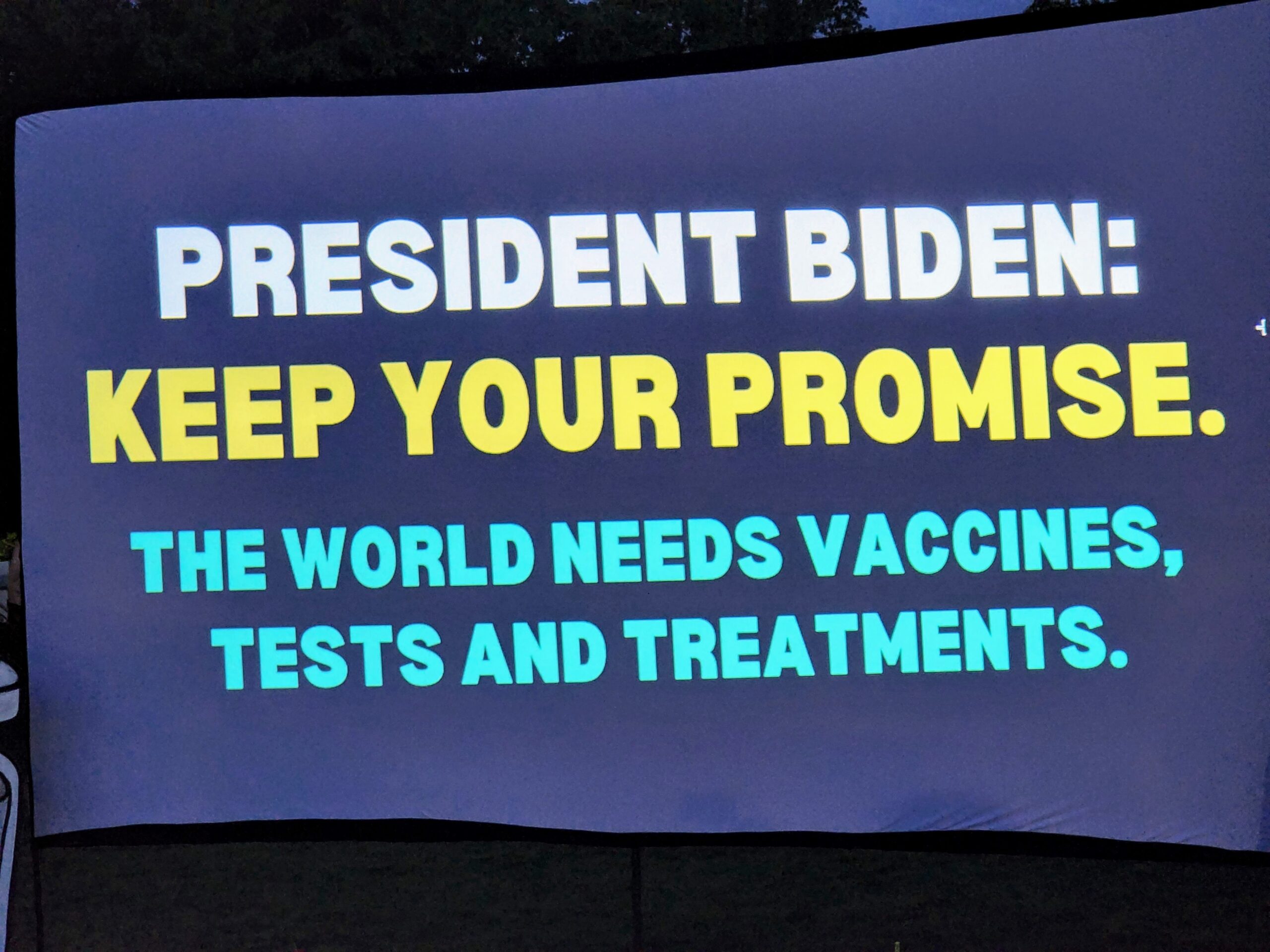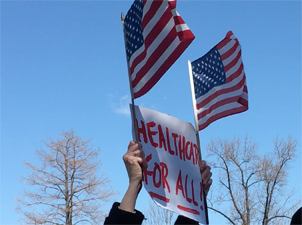
TRADE
Loving our neighbor has global dimensions for our trade policies. We are one human family regardless of national, racial, ethnic, economic, or ideological differences.
Our Position
As a global leader, the United States has a responsibility to promote the common good rather than cater to special interests. U.S. trade policy, therefore, should protect the environment, workers, and other vulnerable populations. As Pope Francis reminds us, we must say no to “an economy of exclusion.”1 The rules of the global economy must be work for the benefit of all, rather than a privileged few. The goal of U.S. trade policy should be promoting sustainable development – environmental, economic, and social well-being for today and tomorrow – mutually benefiting all members of our global society.
NETWORK Advocates for Federal Policies That:
Serve people and protect the environment, not corporate profits.
Trade rules should set fair and enforceable standards for trade and investment systems. These standards should be transparent and prioritize the dignity of workers and the health and safety of people over corporations. Trade rules must also ensure high standards of environmental protection for natural resources and promote sustainable development around the world.
Give workers the right to bargain collectively and eradicate unjust labor practices.
Trade rules should advance workers’ rights in the U.S. and around the world, by supporting stable jobs with decent wages, protecting workers’ rights to organize, and promoting worker health and safety. Upholding international human rights and eradicating forced labor and child labor should be at the center of any trade negotiation.
Provide access to life-saving medicine and support indigenous knowledge.
Creating intellectual property regulations to both promote access to essential medicines and prevent the piracy of indigenous knowledge will expand public health. Trade agreements must not reduce access to affordable medicines or expand pharmaceutical companies’ rights to lock in high medicine prices.
Establish fair and just courts to resolve trade disputes.
Robust and transparent dispute resolution mechanisms should protect the rights of citizens against powerful corporate interests. A nation’s ability to protect health and worker safety and enforce environmental protections must be respected in trade agreements or investment treaties.











